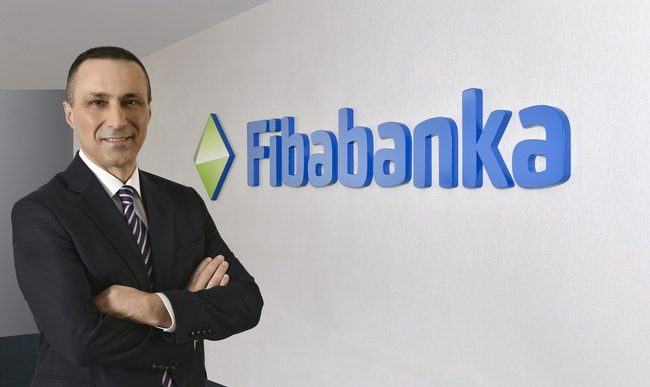Acquiring distressed businesses is a unique strategy that has gained considerable attention, especially during times of economic uncertainty. Inc & Co, a UK-based investment firm, has become a prominent player in this field. They specialise in identifying struggling companies and working to revitalise them. This approach not only saves jobs but also turns companies around, contributing positively to the economy.
The art of acquiring distressed businesses lies in understanding the right strategies to effectively navigate financial challenges. Inc & Co‘s experience shows that with innovative financing and swift decision-making, even companies in dire straits have the potential for success. Investors willing to adopt creative methods can find significant opportunities in distressed M&A.
Among the industries most affected are construction and retail, where high failure rates present both problems and prospects. Learning from Inc & Co’s methods, investors can gain insights into transforming financial difficulties into lucrative endeavours. Such strategies ensure that both the financial health of businesses and the broader economy benefit from these acquisitions.
Understanding Distressed Businesses
Distressed businesses often present challenges and opportunities for investors. Diagnosing financial distress, understanding the role of creditors, and considering economic influences are key to navigating this terrain.
Diagnosing Financial Distress
Identifying issues in a distressed company is crucial. Financial distress can arise due to mismanagement, industry downturns, or broader economic challenges like the Covid-19 pandemic.
Key indicators include declining cash flow, mounting debts, and missed payments. A thorough analysis of financial statements reveals trends such as shrinking revenue or increasing liabilities.
These signs may trigger concerns about insolvency, making timely intervention essential. Quick actions can pave the way for recovery, whether through restructuring or bankruptcy protection.
Roles of Creditors and Insolvency
Creditors play a significant role in the fate of distressed businesses. They can press for repayment, potentially pushing a company towards insolvency if payments are not met.
During insolvency, legal measures protect both creditors and the company. Creditors may negotiate terms, offer more time, or demand repayment.
The National Security and Investment Act 2021 may affect foreign investments in UK companies when national security is at stake. This Act can add complexity to the roles creditors play and the steps in insolvency processes.
Impact of Economic Factors
Economic uncertainty can intensify distress in businesses. Factors such as recession, inflation, and global events can impact financial health.
The Covid-19 pandemic is a prime example that led to revenue drops and supply chain disruptions. Companies in sectors like retail and construction have been particularly affected.
These economic conditions create both risks and acquisition opportunities. Investors must evaluate the environment to make strategic decisions when engaging with distressed companies.
Strategies for Successful Acquisitions
Acquiring distressed businesses can be a strategic way to access new markets. To achieve success, it’s essential to perform due diligence, accurately value assets, and structure deals effectively. These strategies ensure that acquisitions are not only profitable but also sustainable.
Performing Effective Due Diligence
Successful acquisitions begin with thorough due diligence. This process involves evaluating the distressed company’s financial health, market position, and operational efficiency. Due diligence helps identify potential risks and hidden liabilities. An analysis of customer base, including loyalty and churn rates, is crucial. Legal frameworks, such as Company Voluntary Arrangements (CVAs), also require review to understand restructuring obligations. Smart investors engage experienced professionals to uncover insights that aid in making informed, tough decisions.
Valuation of Distressed Assets
Determining the right valuation of distressed assets is critical. Unlike typical assets, distressed ones may face devaluation due to poor market performance or internal issues. A precise valuation considers both current financials and future growth potential. Secured creditors and outstanding debts also affect valuation. Industry-specific factors, like trends in retail or commercial real estate, guide these assessments. By evaluating long-term growth opportunities, investors like those at Inc & Co take advantage of favourable purchase prices, securing profitability.
Structuring the Deal
Acquisition strategies must consider efficient transaction structure. This includes negotiating terms favourable to taking control of assets while managing liabilities. Understanding how to work with secured creditors is vital. Creative deal structures might involve partial asset purchases to reduce risk or earn-outs tied to recovery milestones. Thoroughly planning the restructuring phase ensures smooth integration, focusing on leveraging the customer base for improved performance. Informed by comprehensive analysis, leaders like Scott Dylan and Jack Mason formulate deals that align with strategic business goals.
Stay connected with Inc & Co on Twitter, Instagram, YouTube and LinkedIn for the latest updates and insights.







